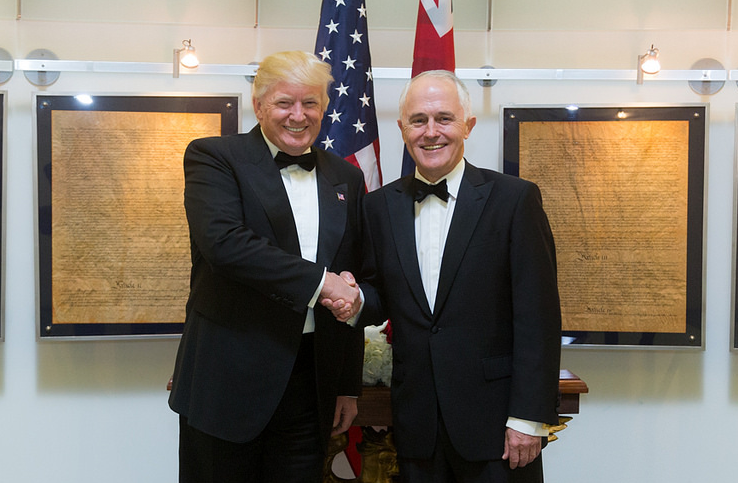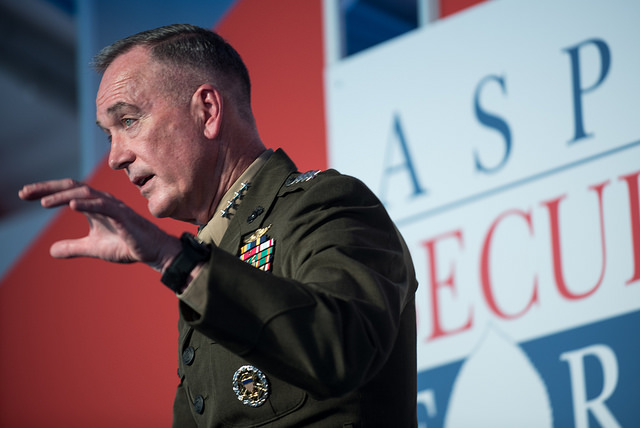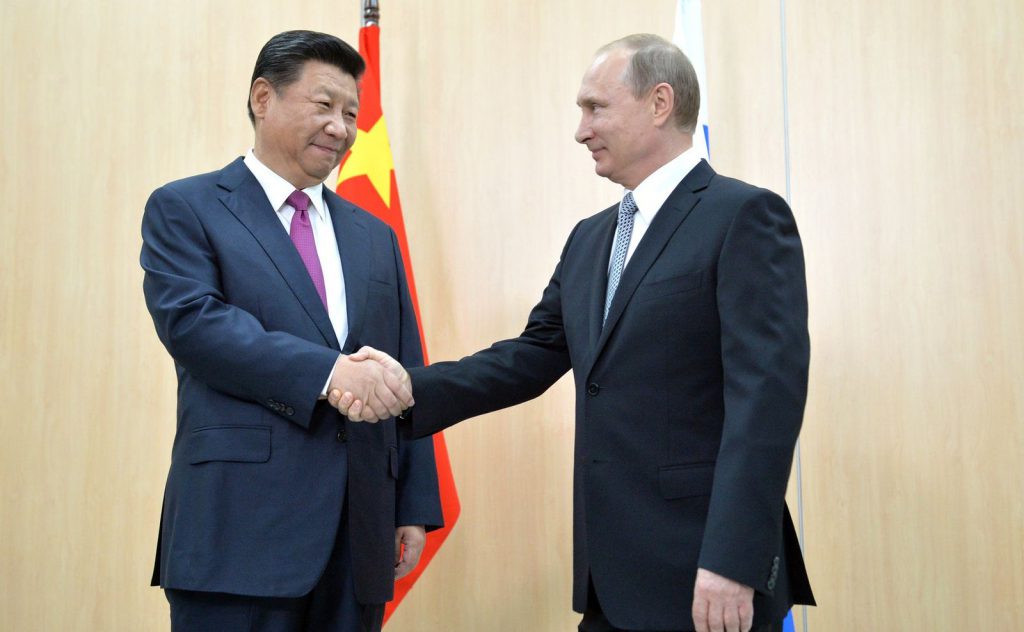Trump’s doomed Afghan strategy

In a rare presidential address last week at Fort Myer, Virginia, Donald Trump outlined his administration’s strategy for the United States’ future engagement in Afghanistan. Trump avoided admitting outright that he was authorising an increase in the number of US troops in that troubled country, saying instead that military leaders would make such decisions. Yet the reality is that Trump’s plan will deepen American involvement in a military mission that has already lasted for 16 years.
Trump, who campaigned on the promise to extricate the US from foreign conflicts, reiterated in his speech that he shared the ‘American people’s frustration’ about a foreign policy that has already cost too much time, energy and money, and too many lives. His new strategy, he said, is the result of deep reflection by him and his national-security team, about how to ensure that Afghanistan never again becomes the source of a terrorist attack on the US like that of September 11, 2001.
Presidents Barack Obama and George W. Bush sought the same goal. In fact, though Trump attempted to portray his strategy as a stark break from those of his immediate predecessors, many of the steps he announced have been tried already. Still, there are key differences in Trump’s approach, which will have serious long-term consequences for Afghanistan.
For starters, Trump has dropped the ‘nation-building’ element of America’s Afghan strategy. Criticising previous efforts to ‘rebuild countries’ in America’s ‘own image’, rather than putting US security interests first, Trump asserted that the US will no longer engage in explicit state-building, aimed at helping Afghanistan to become a relatively modern political and economic entity. It will, however, demand that the Afghan government deal effectively with corruption, improve governance, and make better use of the resources it receives from the international community.
Second, Trump brought Pakistan much more explicitly into his Afghan policy than Bush or Obama did, arguing that the country will face significantly increased US pressure to crack down on the terrorist sanctuaries along its border, from which insurgents launch attacks on Afghan and NATO forces. If Pakistan fails to do so, Trump declared, it will ‘have much to lose’. Already, Trump has determined that Pakistan should no longer be paid for providing valuable services to American, NATO, and Afghan forces, and has even blocked a large payment to the country that was already due.
Finally, Trump has invited India to play a larger role in Afghanistan, despite the risks India faces in a country that Pakistan views as a second front in its historic struggle with its southern neighbour. Trump appreciates what India has already done, but is urging it to do even more, using its vast earnings from exports to the US to help rebuild Afghanistan’s economy. He also suggested that the US will work with India to create an Indo-Pacific security zone. In any case, it seems that the potential for US–India security cooperation in the region, while only hinted at in Trump’s speech, has already been discussed by the two governments.
The implications of Trump’s speech extend beyond America’s policy in Afghanistan. The address also sharpened the contours—already limned during his May visit to Saudi Arabia and his July visit to Poland—of what might be called the ‘Trump doctrine’.
Trump, it seems, sees a world split between the West and the ‘rest’, with conflict all but inevitable. In Saudi Arabia, Trump invited Muslim-majority countries to join the West in eliminating adherents of Islamic radicalism. In Poland, he challenged the West to demonstrate its will to resist the impact—physical and philosophical—of its adversaries.
Trump is not targeting only the Muslim world. His speech on Afghanistan also pointed to his efforts to contain China. While Trump seemed briefly to be more interested in securing the Chinese government’s help in reining in North Korea, Trump seems eager, now that the North Korean nuclear crisis has apparently been returned to the back burner, to resume his administration’s focus on constraining the Asian giant.
But the Trump doctrine seems no more capable of limiting China than it does of eliminating the terrorist threat to the West. In fact, in the long term, the strategy Trump laid out at Fort Myer will probably have the opposite impact.
If military force has not succeeded in stabilising Afghanistan in the last 16 years, it is difficult to imagine how Trump thinks it will work now. What is needed is precisely what Trump rejects: a serious and sustained effort to build the Afghan state and economy, in order to give hope to Afghanistan’s young population (the median age is only 18.6). Young men will lay down their weapons only if they have confidence in the future.
Moreover, cornering Pakistan will serve only to force its government to align itself more openly with actors like the Haqqani network, a guerrilla group that has been fighting NATO and Afghan forces. This would strengthen insurgent groups’ control over border areas, effectively creating a buffer state between Afghanistan and Pakistan.
As funding from the US declines, Pakistan probably will also deepen its ties with China. It has already sent its foreign secretary to Beijing to meet with her Chinese counterpart. In the statement issued after the meeting, China pledged total and unconditional support to Pakistan.
If the goal of the Trump doctrine is to create a stable global backdrop against which America can pursue its own interests, it is doomed to fail. In fact, it is likely to have the opposite effect, unleashing a destabilising genie that will be almost impossible to put back in its bottle.









